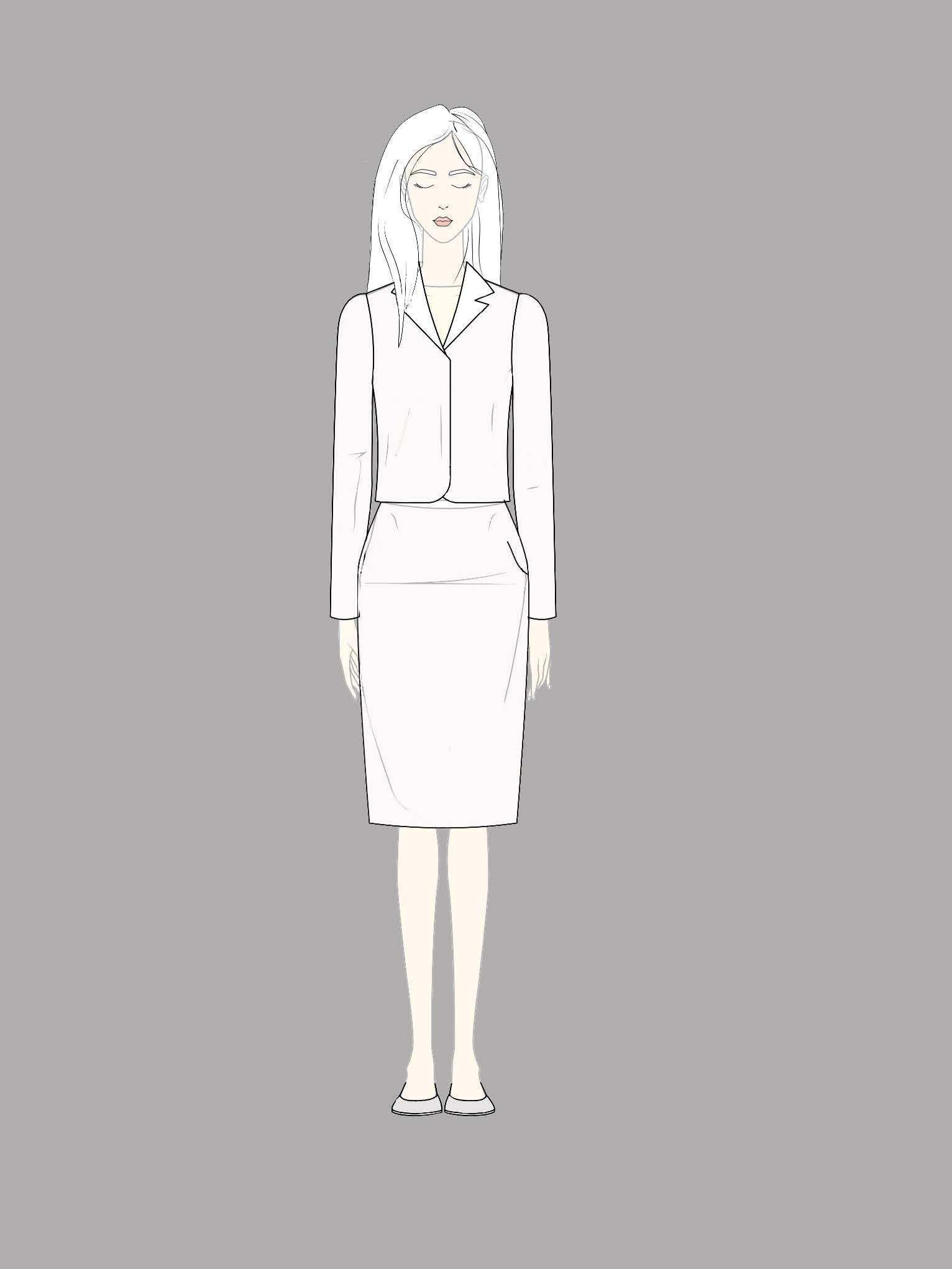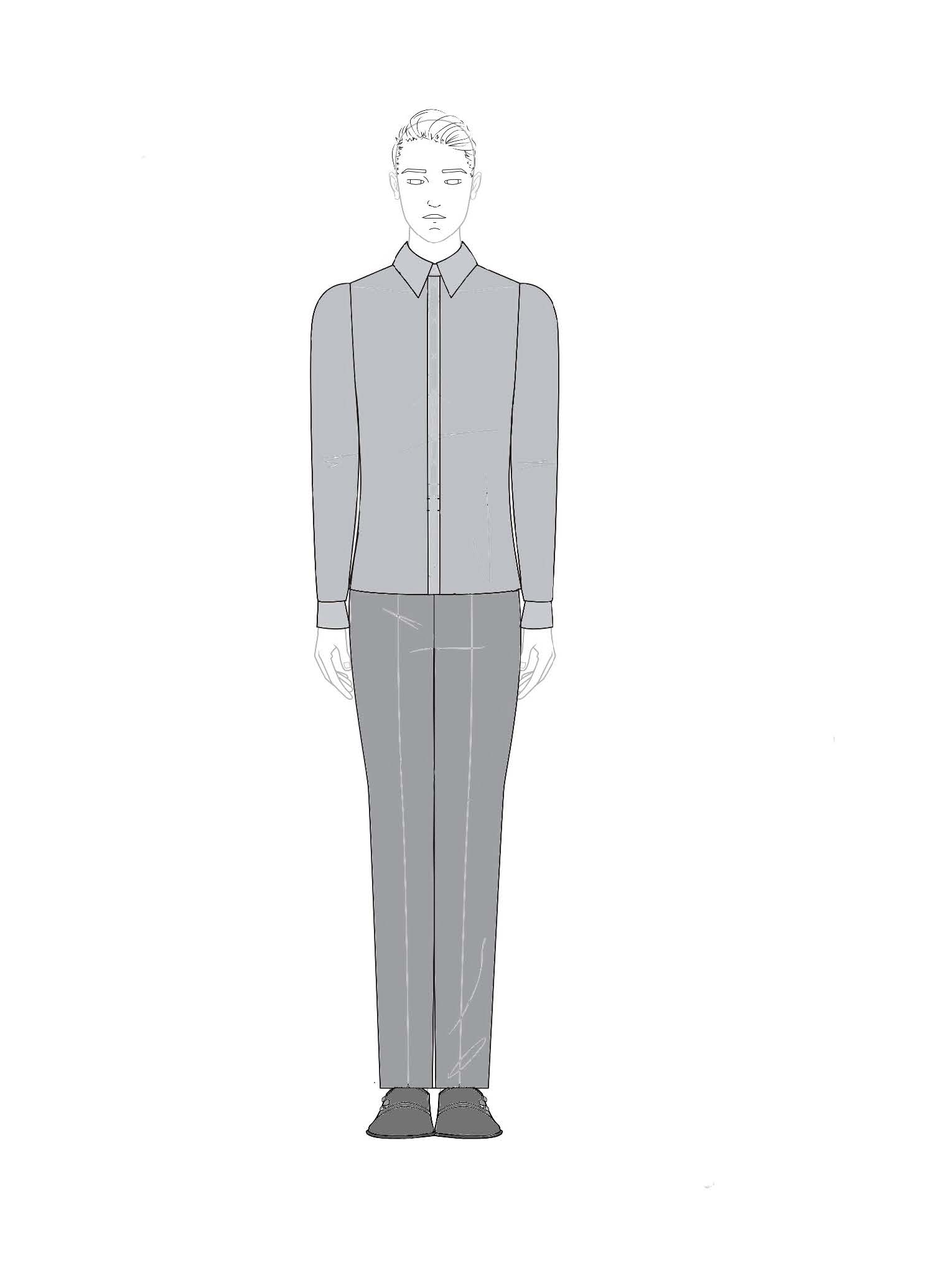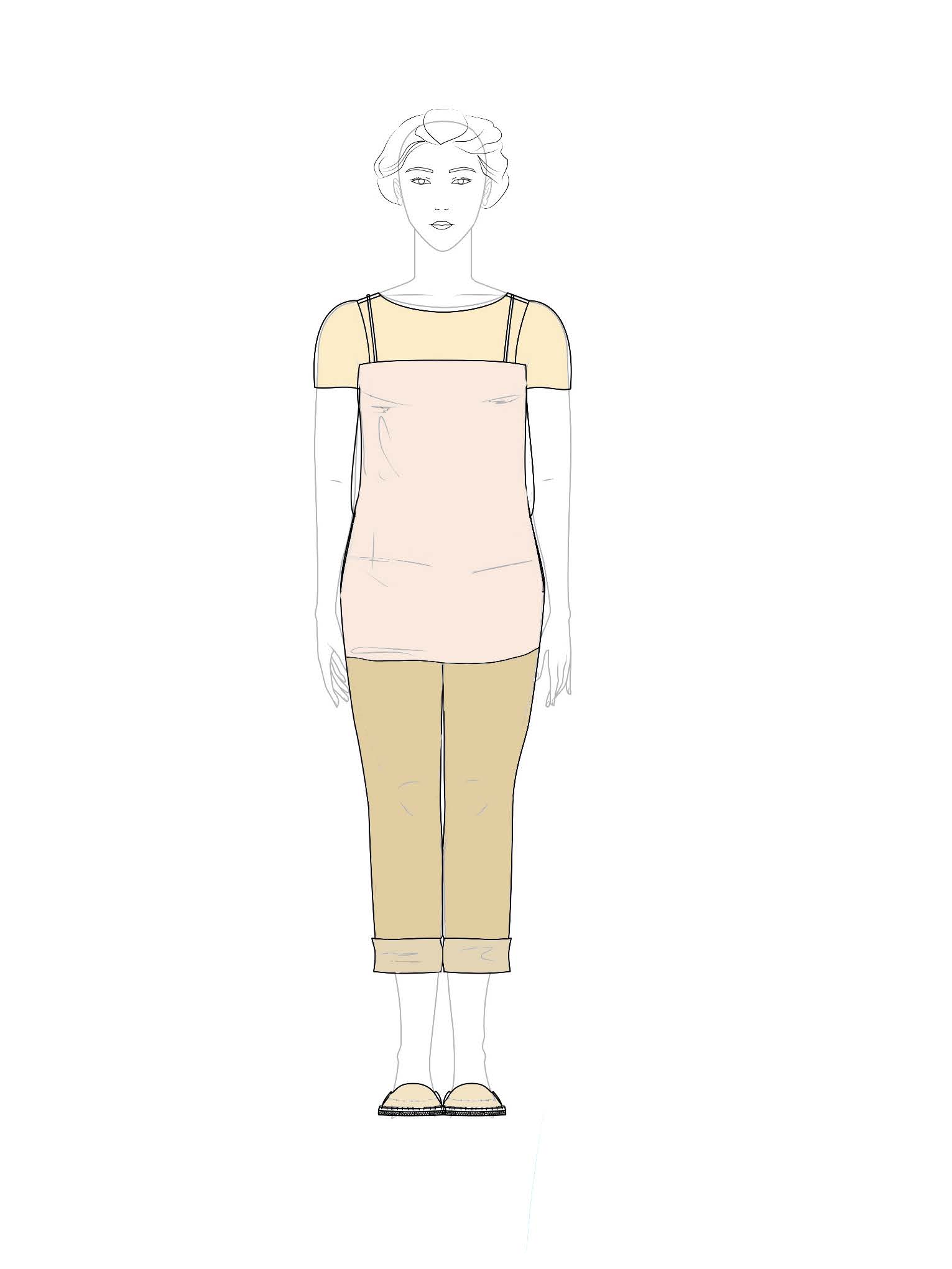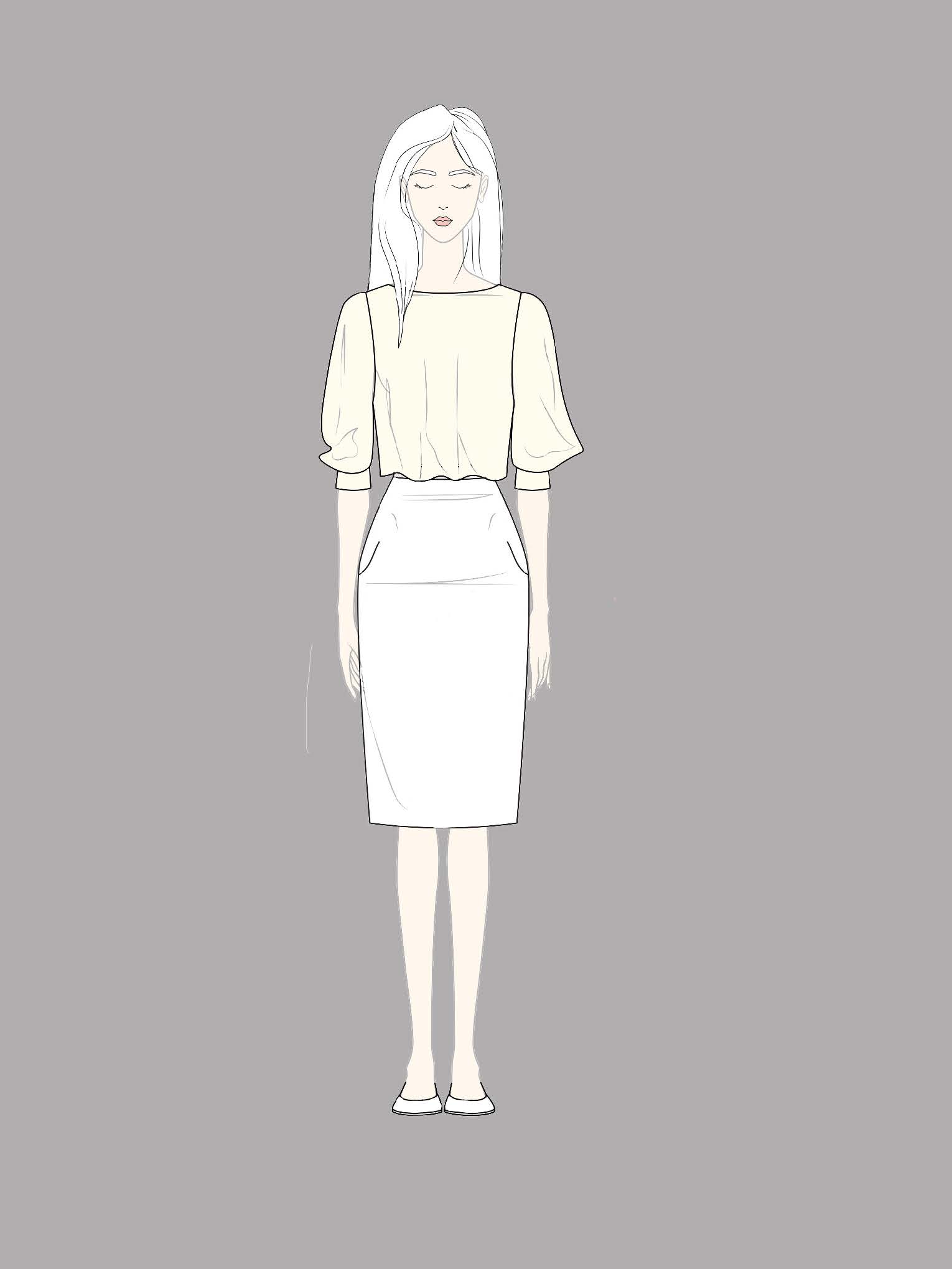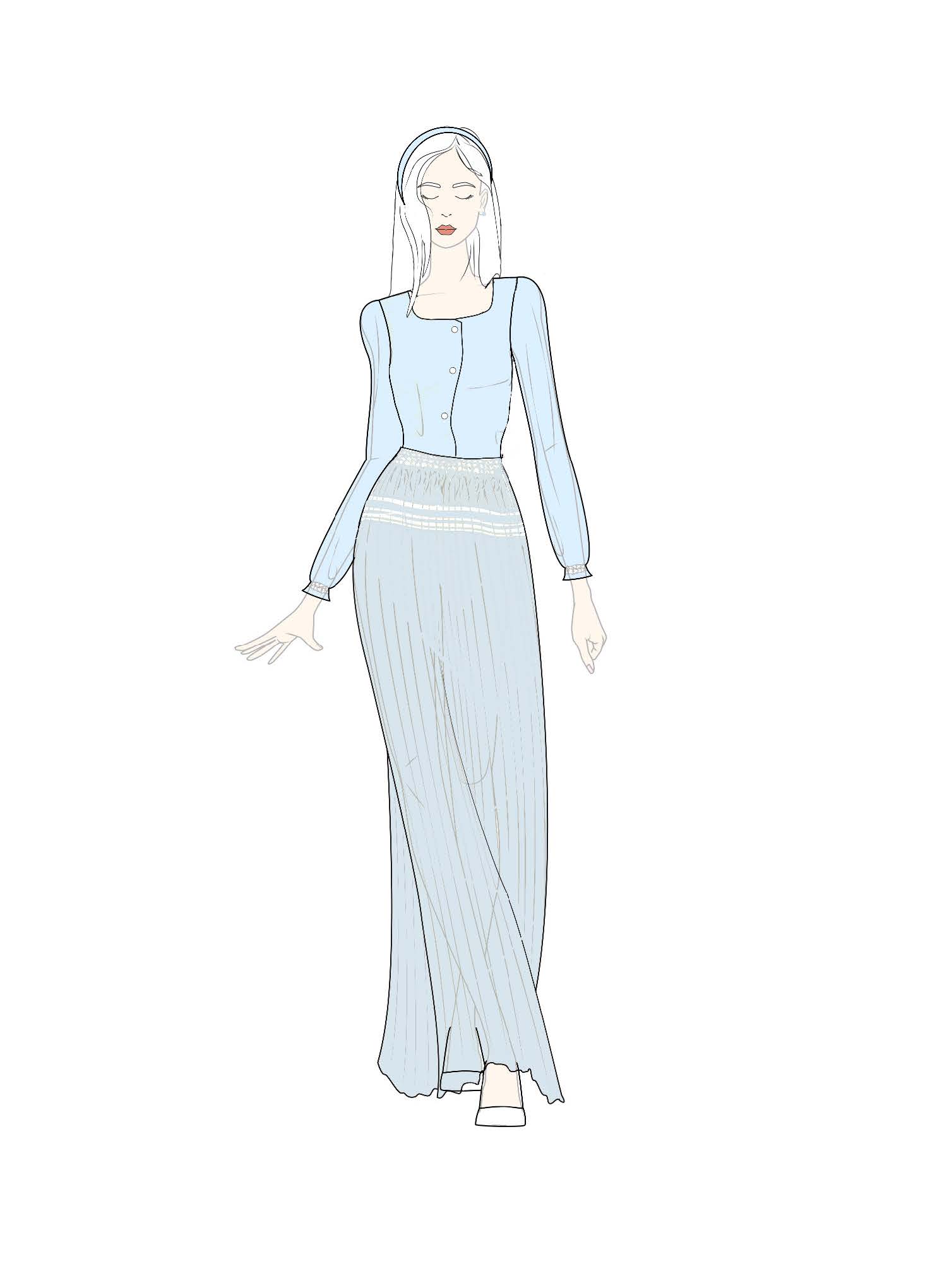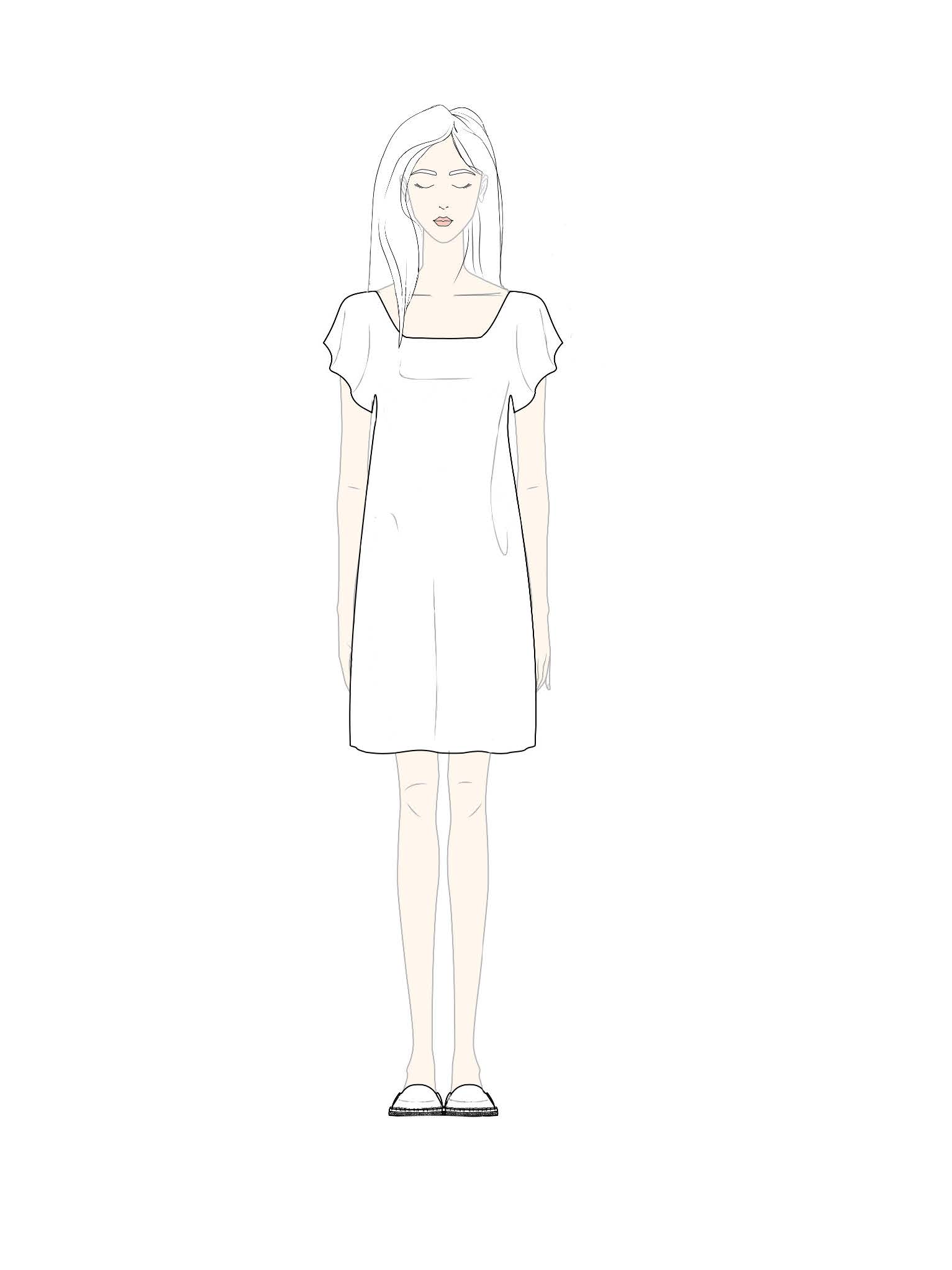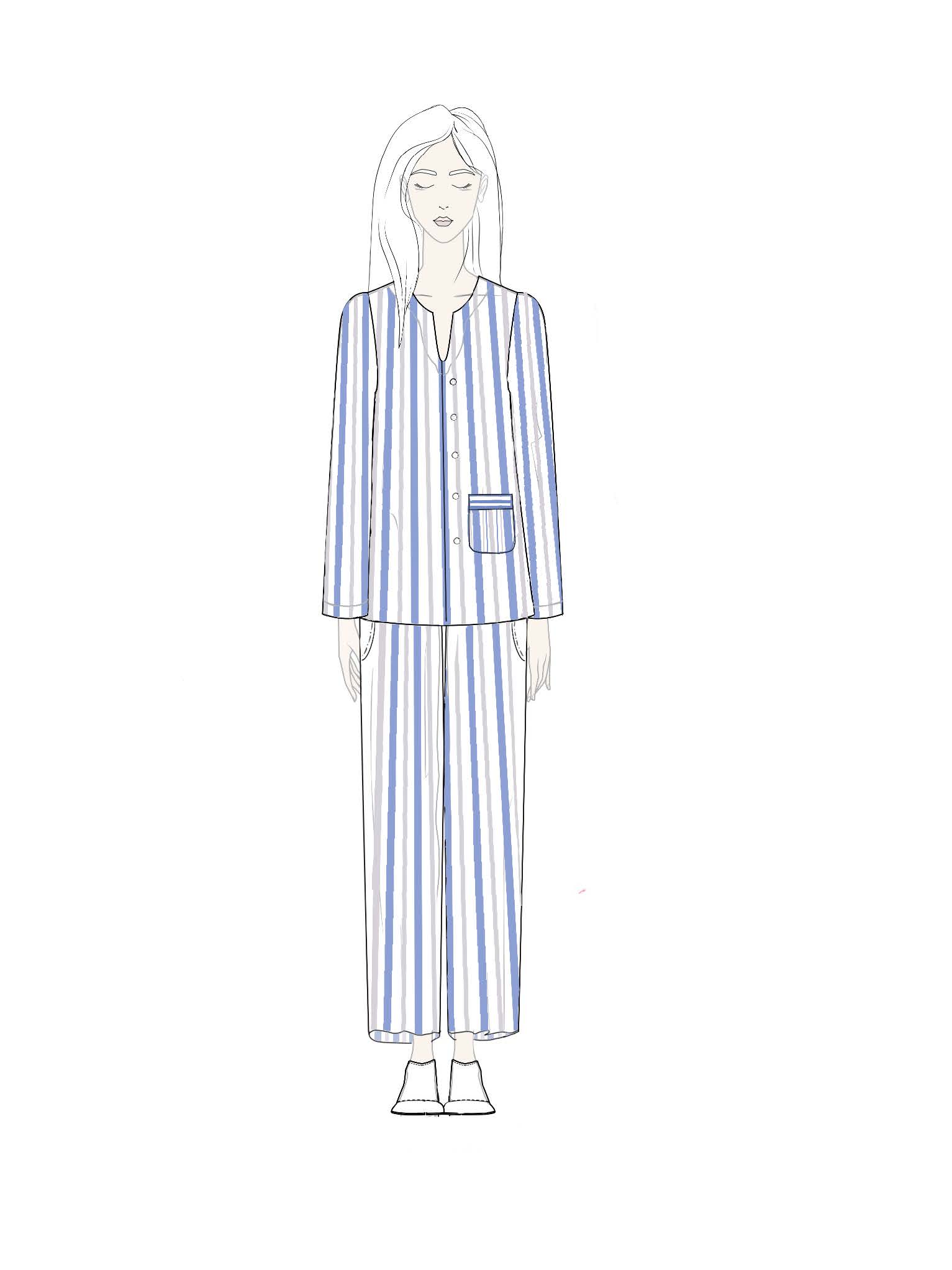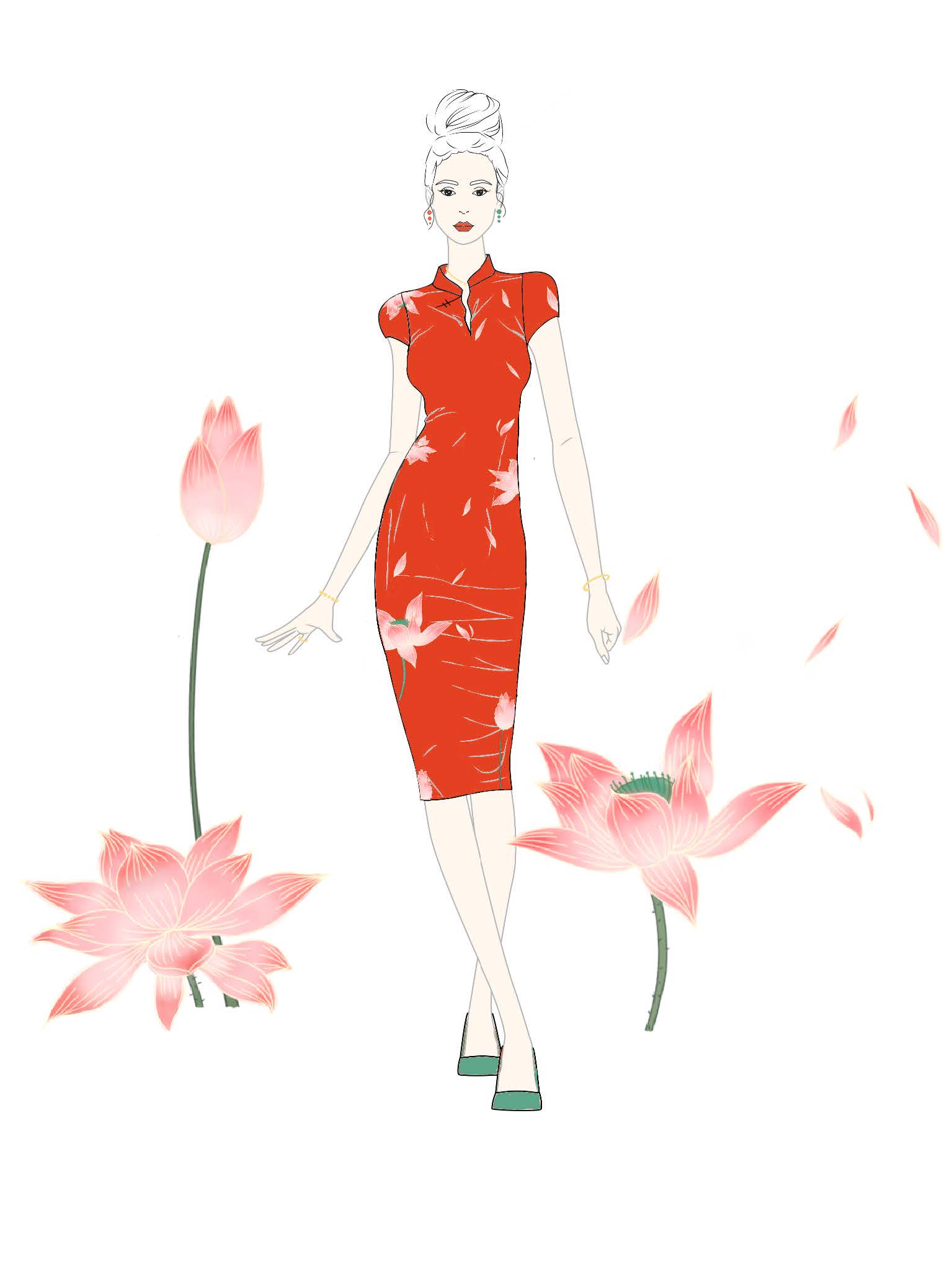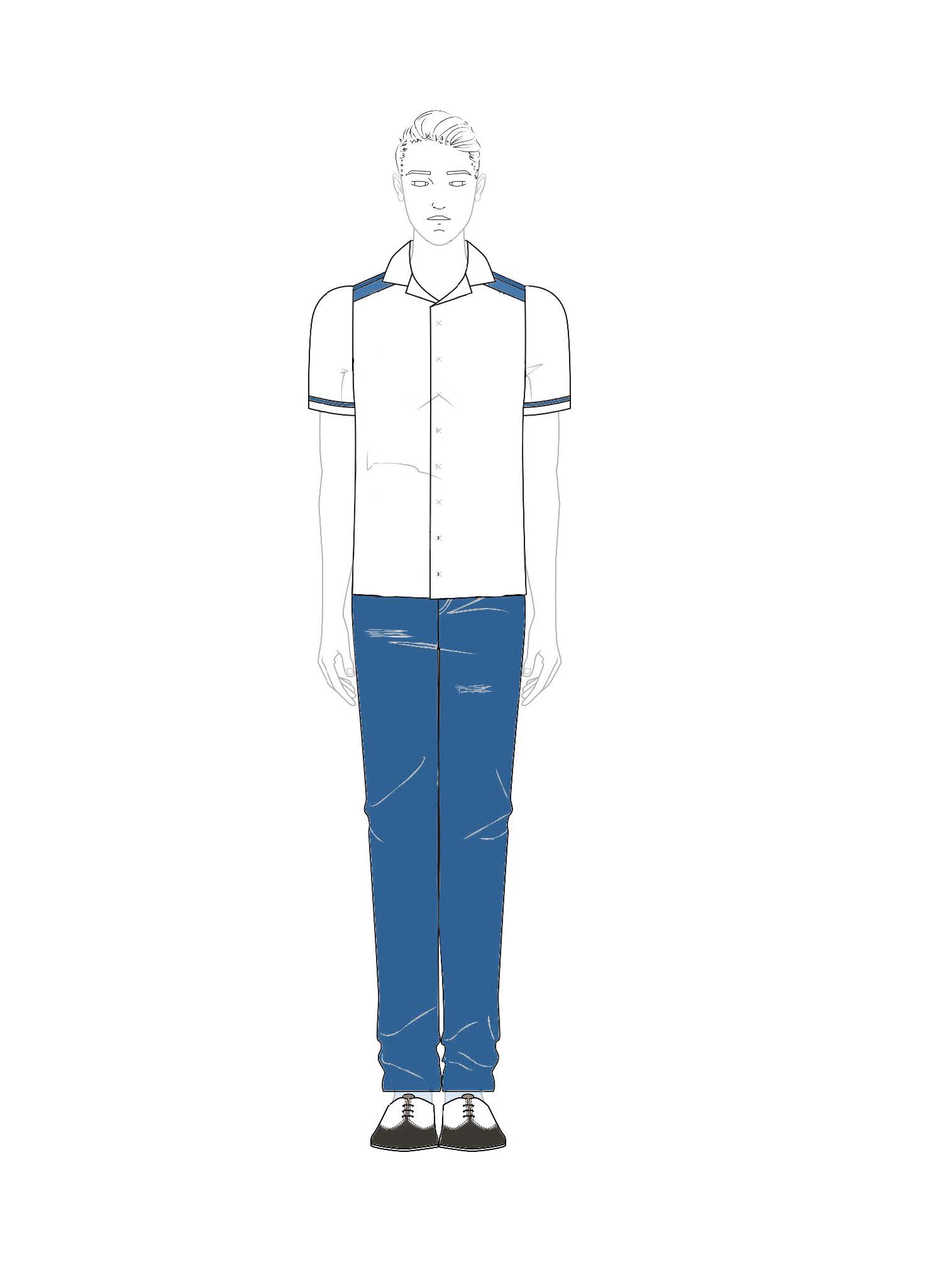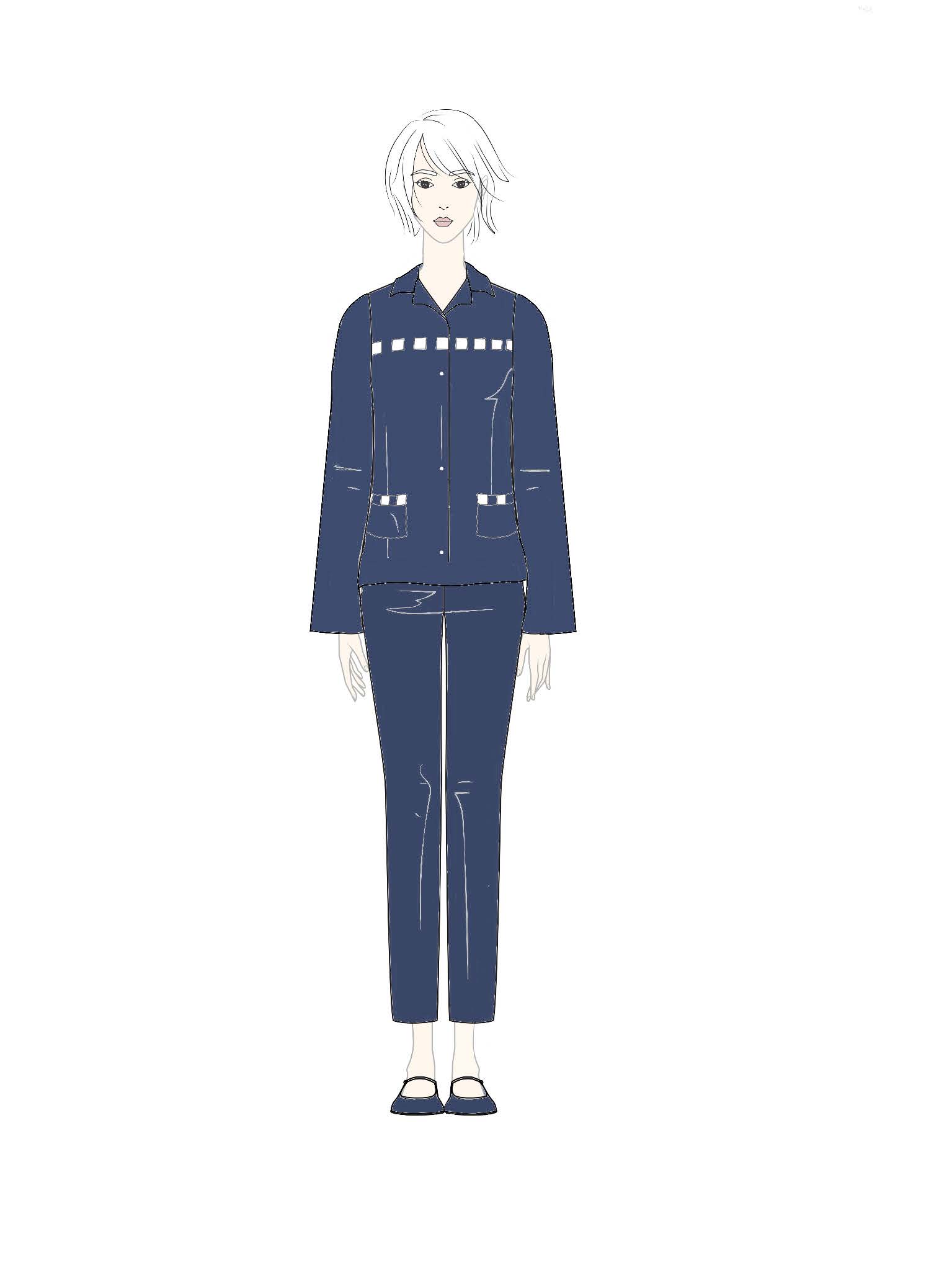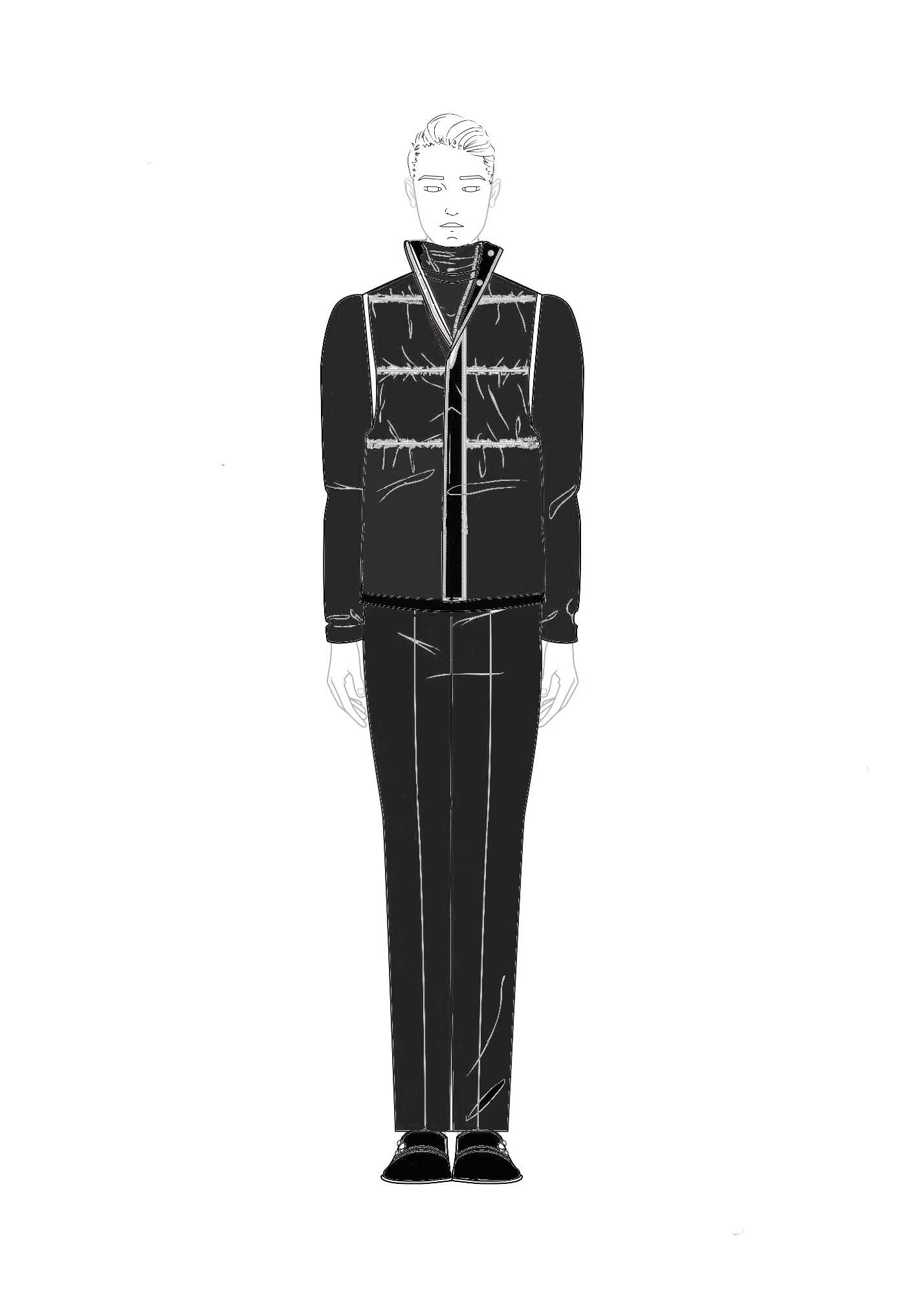Zhenyi Wang
When reading Sophie Treadwell's play Machinal, I was shocked by the indifferent and industrialised society in the early 20th century depicted by Treadwell, while being drawn to the struggles of the females who have lost their individuality under a patriarchal system. As the sound of the machines becomes ubiquitous in the entire play, Helen’s sense of isolation, monotony and anxiety are vividly shown, as she represents the female group of the time, it symbolises the personalities and the voices of the female gender are engulfed by gender inequality in an Industrialised world. Referencing the sound of the whole play, the ubiquitous machine voice overwhelmed the personality and voice of the female group, Helen, just as a miniature of isolation, monotony and anxiety.
Inspired by a gruesome crime recently occurred in China involving domestic violence, this play reminds me of the first industrialization of China between 1953 and 1957. In a country with a strongly patriarchal culture and heritage, women in China have suffered gender stereotypes, having to make personal sacrifices in maintaining their marriages in the past. Even up to present days, Chinese women's unremitting efforts in challenging gender discrimination are still present.
My costume design for Machinal is based on the characteristics of modern Chinese clothes from the 2000s, though some exaggerated elements are added. The overall clothing style aligns with the projection that I have designed, showing the protagonist’s emotions according to the change of scene. Therefore, except for the protagonist, the costumes of the characters are neutral colours of black and grey of the dark colours scheme, while the clothing of the main character is in contrast brightly coloured or pure white to reflect the emotional state of the young woman.
